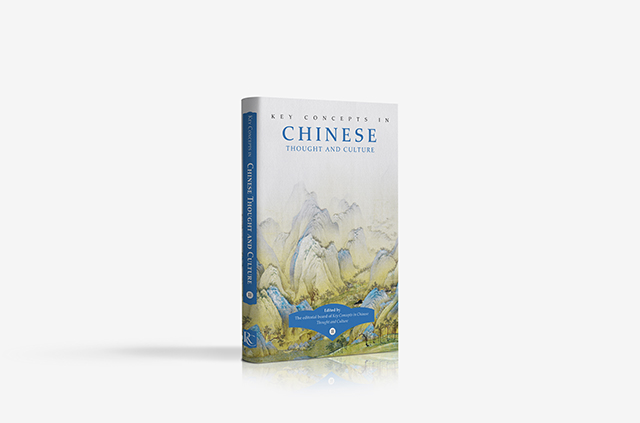Edited by the editorial board of Key Concepts in Chinese Thought and Culture
Format: Paper | Pages: 404pp
Size: 155 × 230 mm
Language: English
Price: $32.95
ISBN: 978-1-4878-0221-9
[box style=”info”]DESCRIPTION[/box]
Key Concepts in Chinese Thought and Culture are concepts and keywords or phrases Chinese people have created or come to use that are fundamentally pertinent to Chinese philosophy, humanistic, spirit, way of thinking and values. Each volume includes 300 key entries selected and explained by over 100 distinguished scholars from China and West. This series is a promotion of genuine literacy on Chinese philosophy, history, literature, art, and translation within the western academia. All entries are furnished with citations for easier understanding of their meanings and usages in Chinese history. For people in other countries, these key concepts open the door to the spiritual world of contemporary China and the Chinese people, including those living overseas.
[box style=”info”]ABOUT THE AUTHORS[/box]
Huang Youyi: former Vice-Chairman of International Federation of Translators, former Vice-Director and Chief Editor of China International Publishing Group, former Secretary-General of Translators Association of China, Standing Vice-Chairman of Translators Association of China, Director of Expert Board for English, China Accreditation for Translators and Interpreters.
Nie Changshun: Professor of Chinese Traditional Culture Research Center of Wuhan University, Head of Japan Studies Center Academic Planning Department, Wuhan University.
Yuan Jixi: Professor at the School of Chinese Classics, Renmin University of China, member of the Academic Committee of the Confucian Studies Institute, Visiting Professor of the Aesthetics and Aesthetic Education Study Center, Peking University, Distinguished Professor at Southwest University.
Wang Bo: Vice President of Peking University, Professor, Dean of the Confucian Studies Institute and the Taoist Studies Center of Peking University.
[box style=”info”]ENDORSEMENTS[/box]
The German philosopher Hans Georg Gadamer once said that being able to listen is not self understood. And Goethe once allowed one of his female protagonists to declare that being able to see is not self understood either. How do we understand? That is a basic question in modernity. This is especially true for terms we are using every day. Chinese terms are very complicated. They have a long history and their appropriate translation is often not possible. Thus “Key Concepts” is the right attempt to help foreign readers of the history of Chinese thought to get a basic understanding of what the Chinese mind might stand for.
—Wolfgang Kubin (former director of the Institute for Oriental and Asian Studies at the University of Bonn)

